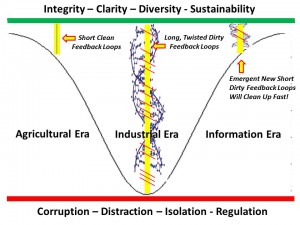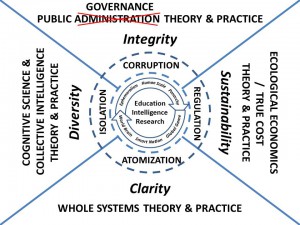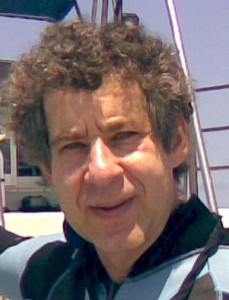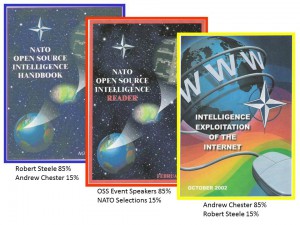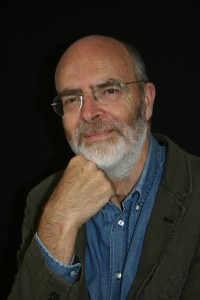
Human, force is.
Plugging into the Future of Humanity: Exploring the Human API
I recently had the opportunity to present at LeWeb in Paris, arguably Europe’s largest conference dedicated to the future of technology. The theme of the conference explored the Internet of Things, where devices and things connect to one another to perform certain tasks and/or track activities to improve what we already do or make possible what we’re trying to do.
The Internet of Things is bigger than we may realize. We are experiencing a shift from a world of inanimate objects and reactive devices to a world where data, intelligence, and computing are distributed, ubiquitous, and networked. My fellow analysts and I at Altimeter Group refer to the Internet of Things (IoT) as the Sentient World. It’s the idea that inanimate objects gain the ability to perceive things, perform tasks, adapt, or help you adapt over time. And, it’s the future of the Internet and consumer electronics.
In 2008, the number of things connected to the Internet exceeded the number of people on earth. By 2020, it’s expected that there will be 50 billion things connected.
A network of things creates an incredible information ecosystem that connects the online and physical world through a series of transactions. In a world where data becomes a natural bi-product of these exchanges, developers, businesses, and users alike are faced with the reality that data isn’t only big, its volume and benefits are also overwhelming.
Did you know that the world creates 2.5 quintillion bytes of new data every day? According to IBM, 90% of the data in the world today has been created in the last two years alone.

